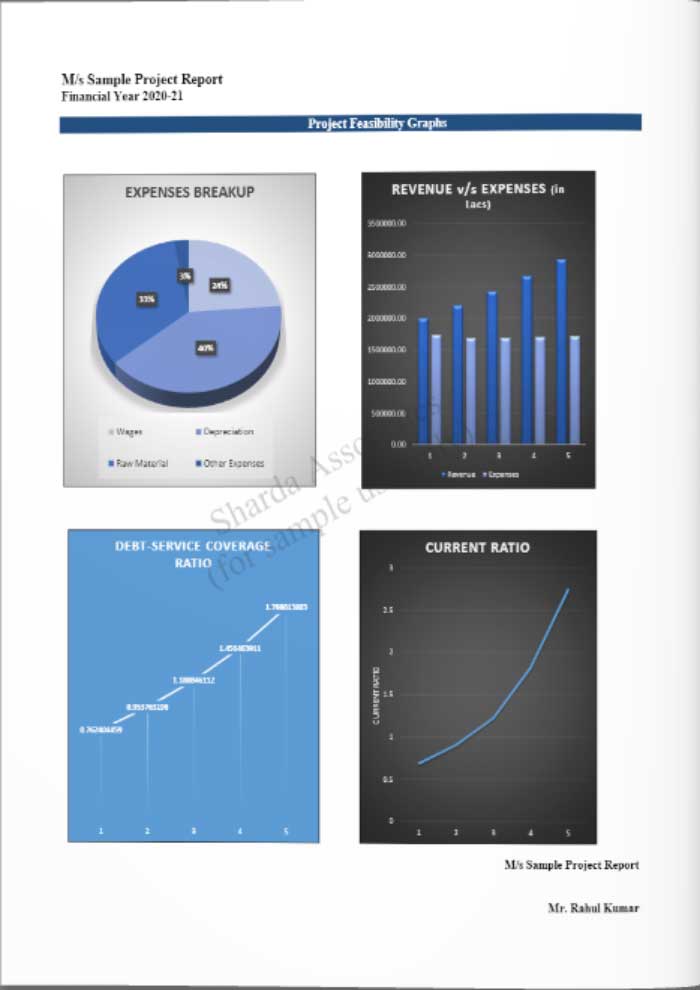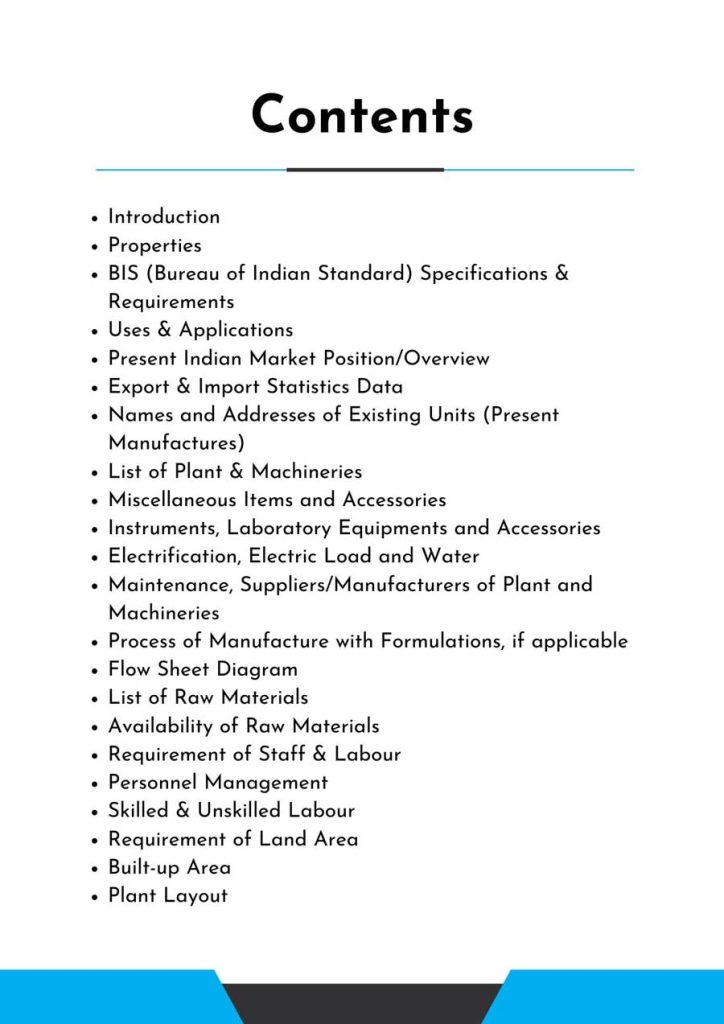Feasibility Report On Electronics Product Manufacturing
Electronics Product Manufacturing involves creating gadgets and devices. It’s about designing, assembling, and testing electronics like phones and gadgets. This feasibility report explores if making these products is doable and profitable.
Introduction
Feasibility Report For Electronics Product Manufacturing.
Electronics product manufacture is a complicated and dynamic process that involves the creation of various electronic devices and components. It includes a wide range of tasks, from designing and prototyping through mass production and quality assurance. This industry is critical to modern life, producing crucial gadgets such as smartphones, laptops, appliances, medical equipment, and more. The evolution of the industry is fueled by technical advancements, environmental concerns, and market dynamics, making it a pillar of the global economy.


Product design and engineering professionals conceptualize the functioning, aesthetics, and technical specs of the electronic item. Once the design has been approved, prototypes are created to test and perfect the product’s performance and functionality. This iterative procedure guarantees that the final output satisfies the desired requirements. After that, the manufacturing step begins, which involves the creation of components and their assembly into the finished product. This frequently includes the acquisition of raw materials like as semiconductors, resistors, capacitors, and polymers. To rapidly and accurately manufacture sophisticated electronic circuits, advanced manufacturing techniques such as surface-mount technology (SMT) and automated assembly lines are used.
Quality control is an essential part of the electronics manufacturing process. At several phases, rigorous testing and inspection methods are carried out to uncover problems and verify the product’s dependability, safety, and compliance with industry norms. Functional testing, environmental stress testing, and durability tests are all part of this. As the need for electronics grows, sustainability and environmental concerns are becoming more relevant. Manufacturers are employing eco-friendly methods such as decreasing energy use, minimizing waste, and introducing recycling activities. Rapid technological advances characterize the electronics product manufacturing industry.

Feasibility Report Sample On Electronics Product Manufacturing



Market Strategy of Electronics Product Manufacturing
The global electronic manufacturing services market is anticipated to be worth US$ 541554.4 million in 2023. Consumer electronics sales and demand are driving growth. The global demand for electronic manufacturing services is expected to expand at a CAGR of 4.7% between 2023 and 2033, to taling roughly US$ 859959.3 million by 2033.
Electronic manufacturing services have eliminated the need for businesses to create and store large inventories of electronic components and products. Electronic Manufacturing Services providers provide increased flexibility by responding swiftly and efficiently to unexpected requests. The Global Electronics Manufacturing Services (EMS) Market is divided into four categories: Electronics Manufacturing Services, Engineering Services, Test & Development Implementation, Logistic Services, and Others. The computer, consumer electronics, aerospace & military, medical & healthcare, automotive, semiconductor manufacturing, robotics, and other applications are divided into the following categories in the global electronics manufacturing services (EMS) market. Rising functionality, such as engineering, component assembly, and design of premium circuit boards, functional testing supplied by contract manufacturers, and sub-assembly production, are driving factors in the global market for electric manufacturing services.
Additionally, electronic contract manufacturing procedures give engineering and manufacturing outsourcing services that offer a wide range of core production competencies. Furthermore, outsourcing auxiliary jobs allows OEMs to focus on their core competencies, allowing them to improve operational performance, cut production costs, and require less fixed capital investment. The electronic products market comprises of electronic product sales by companies (organizations, sole proprietorships, and partnerships) that manufacture electronic products.



